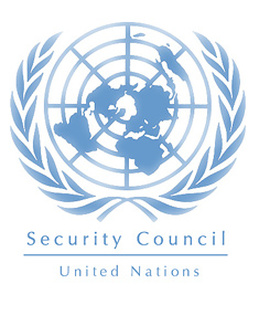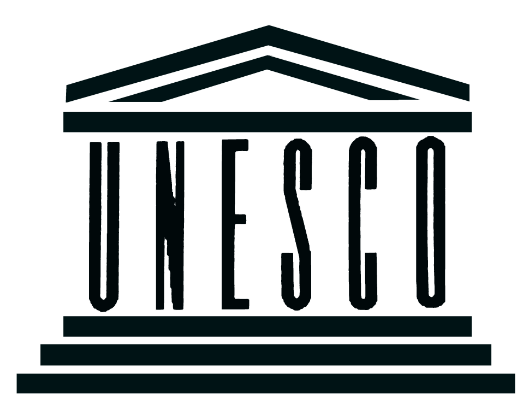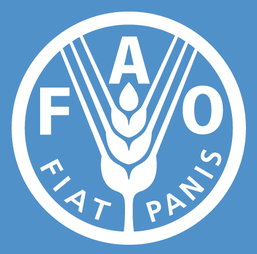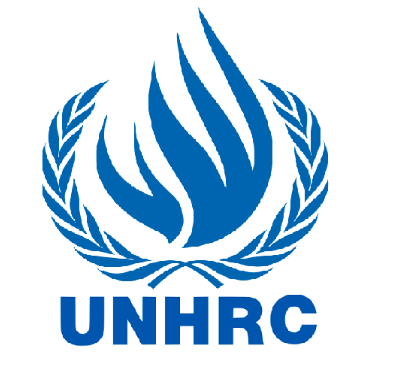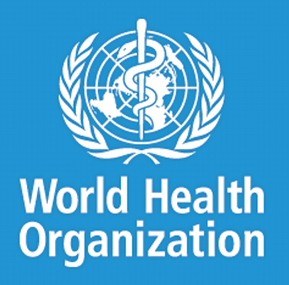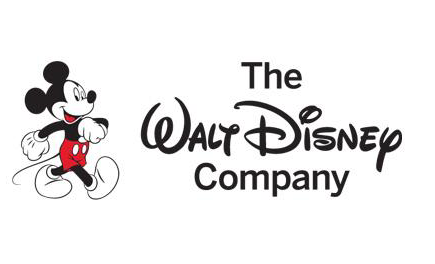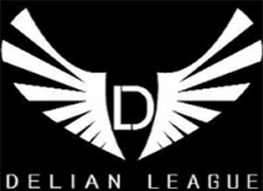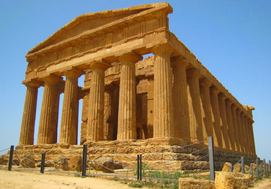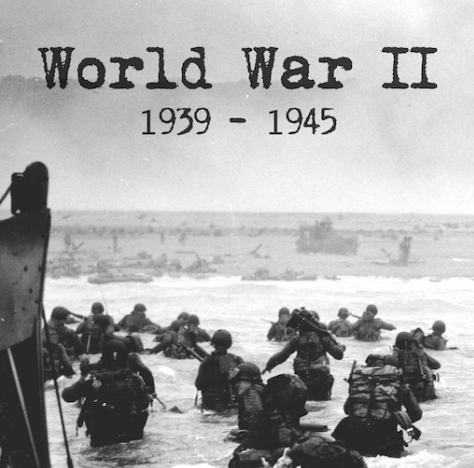GECMUN III Committee Overview (8 Total)
The United Nations Security Council (UNSC)
The United Nations Educational, Scientific and Cultural Organization (UNESCO)
The United Nations Food and Agriculture Organization (UNFAO)
The United Nations Human Rights Committee (UNHRC)
World Health Organization (WHO)
The Walt Disney Company
Delian League
Historical Crisis Committee
The United Nations Educational, Scientific and Cultural Organization (UNESCO)
The United Nations Food and Agriculture Organization (UNFAO)
The United Nations Human Rights Committee (UNHRC)
World Health Organization (WHO)
The Walt Disney Company
Delian League
Historical Crisis Committee
United Nations Security Council (UNSC)
|
Chair: Ewan Chang, Skylar Kahng
Agenda: Conflict in South China Sea Since 1946, the Security Council has been upholding the value of security and peace in the United Nations. As one of the first committees to exist since the start of the United Nations, the Security Council has a primary responsibility to serve the International Security, Peace and Stability with 5 permanent and 10 non-permanent members. It focuses on matters that threaten global peace and aims to mediate disputes between nations by suggesting proposals for a peaceful end. GECMUN aims to debate on conflicts around the South China Sea and reach terms of settlement based on the mission and charter of the UN Security Council. The conflict in the South China Sea is a dispute between the People's Republic of China and Taiwan along with other nine nations in southeast and northeast Asian coastal region; each country advocates for their rights over a limited amount of natural resources, sailing rights and boundary lines of the South China Sea, especially Parcel and the Spratly Islands. The chair encourages all delegates to focus on understanding the position of each member states, particularly members directly affected by the agenda (China, Taiwan, Malaysia, Vietnam, the Philippines). Delegates of the Security Council should also research on past territorial disputes such as the issue of the Upper Silesia and Aaland Islands. The committee will focus on identifying and resolving the root causes of the territorial disputes occurring near the South China Sea. Questions to Consider 1. How does each member state benefit from claiming their rights of South China Sea region? 2. What are the factors that restricts the issue to be resolved? Consider past resolutions and their successes and failures when answering this question. 3. Why is this region in need of attention in terms of international security? |
The United Nations Educational, Scientific and Cultural Organization
|
Chair: Kyoungjin Lim, June Lee
Agenda: Destruction of Cultural Heritage in the Middle East by ISIS The United Nations Educational, Scientific and Cultural Organization (UNESCO) is a specialized committee of the United Nations which pursues fundamental ideas of freedom proclaimed in the UN Charter. The main goal of UNESCO is to achieve world peace and security through promoting international collaborations on all areas, chiefly education, science and culture. For the past few years, the Islamic State of Iraq and Syria (ISIS) or Islamic State of Iraq and Levant (ISIL) has created a number of catastrophes: predominantly, the cultural heritage destruction within the Arab region. As media's depiction of ISIS/ISIL worsened, the ISIS/ISIL started to demonstrate their frustration and ire by bombarding cultural heritages. Not only ISIS uses the religious sculptures as one of their main activities to alert the world of their influences, but they have also been demoliting cultural heritages in Iraq, Syria and Libya. In February 2015, it has been estimated that the ISIS/ISIL has destroyed more than 28 religious heritages. As UNESCO is responsible for the protection of cultural heritages around the world, delegates should bring effective solutions to prevent ISIS/ISIL from destroying further cultural values. Questions to consider: 1. How can the cultural heritage destruction influence each nation? 2. How does the cultural heritage destruction impact social, economical and political status quo of the world, especially of the member states where their cultural heritages had already been attacked? |
The United Nations Food and Agriculture Organization (UNFAO)
|
Chair: Eunji Hong, Jun Lee
Agenda: Research, production, and distribution of Genetically Modified Organism-based(GMO) food products The UN Food and Agriculture Organization was created in 1945 and dedicates itself to achieve food security for both developed and developing countries alike. The FAO prioritises the knowledge network it provides to the international community where information can be put within reach to aid development. Based on the network, the member nations draft effective legislation where nations come together to create national strategies to achieve rural development and hunger alleviation goals. The FAO mobilizes and manages thousands of field projects throughout the world to achieves its goal. It also works along with the World Food Programme and other humanitarian programs that improve nutrition practices and ensures good nutrition for all to rebuild the lives of the affected people. The Agenda focuses on Genetically Modified Organism-based(GMO) food product research, production, and distribution in order to help reduce poverty and starvation rate especially in developing nations. GMO food products hold a number of advantages that can be beneficial for countries suffering through extreme poverty. They are an effective way to provide the locals with larger revenues while spending less resources. Food sources, especially crops, can be modified to grow better in adverse conditions, such as pests and droughts. In fact, many analysts carefully agree that there will be less starvation in the world with GMO food products. However, the current FAO’s position on the GMO food products is debatable. There is still a lot to be discussed about the after-effects of GMO products, and the ethical issues related with GMO are disputable. Thus the FAO committee’s role of this agenda is to devise a safe, beneficial way to develop and publicize GMO food products globally. Questions to Consider 1. Why is FAO not considering GMO as an eligible option? How can this be fixed? 2. What would be considered “safe” and “beneficial” regarding the research on GMO? 3. Should GMO research be regulated? If so, to what extent? |
The United Nations Human Rights Committee (UNHRC)
|
Chair: Sehwa Ryu, Diane Kang
Agenda: Capital punishment and the implementation of safeguards guaranteeing the rights of those facing death penalty The United Nations Human Rights Committee (UNHRC) serves to promote human rights and freedom in the United Nations (UN) guided by the International Covenant on Civil and Political Rights, which was established by General Assembly in 1966. The committee found the First and Second Optional Protocol in 1976 and 1989. The First Optional Protocol is the extent of the Covenant while the Second Optional Protocol directly refers to death penalty, which is included in capital punishment. In the Second Optional Protocol, death penalty is considered as the opposing factor of human dignity and rights. Until the 20th century, capital punishment had been used in most parts of the world, while currently the majority of the countries abolished the practice due to concerns regarding human rights. Death penalty being criticized by its risk of executing innocent people and the absence of proof that it works as an effective deterrent to crimes, it has been called on the member States to abolish or discontinue the practice of the death penalty by the UN Secretary General Ban Ki-Moon on 2014. Currently, 37 countries retain the death penalty in both law and practice, being a highly controversial issue as it constitutes a violation of human rights. In addition, as each individual countries follow different laws for the death penalty, this becomes a complex issue to be addressed. In this conference, the UNHRC aims to seek universal measures to protect the fundamental human rights of those sentenced under the death penalty and implement ethics in the method of practicing death penalty. Delegates are highly encouraged to consider elements such as the standard of crimes which should be punished with the death penalty, age of the criminals sentenced under the death penalty, the form of the death penalty and more. Questions to consider: 1. Countries where capital punishment is justified claims the use of it to be only applied on ‘serious’ crimes. What is the definition of ‘serious’ crimes? How can it be defined? 2. Some prisoners are sentenced to capital punishment due to arbitrary and unfair trials. How should such prisoners’ rights be protected? What should be the consequence if a prisoner punished by capital punishment was proven to be innocent later? 3. Some countries practice capital punishment for religious reasons, such as blasphemy (the act of speaking sacrilegiously about God or sacred things). How can the rights of prisoners of such crimes be protected? Should they be punished at all? Should religion be a justifiable reason to sentence one under death penalty? 4. How should the rights of juveniles and women be protected from the capital punishment 5.Every countries have different laws and policies regarding capital punishment. If a foreigner from a country where capital punishment was abolished commits a crime that violates the law that deserves capital punishment, how should such foreigner be judged? Who should judge the foreigner? How about immigrants? 6.Countries should reveal the authentic statistics of capital punishments and of practices of executions. What should be the incentives for those countries which refuse to divulge the actual number? |
World Health Organization
|
Chair: Minjoo Lee, Jun Hwan Chang
Agenda: Tuberculosis in South Asian Regions Established in 1948, World Health Organization (WHO) is a specialised UN agency that specifically deals with international public health. With 194 member states grouped based on their regions, WHO works in areas such as health systems, both communicable and noncommunicable diseases, surveillance, prevention, and promotion of health. In GECMUN III, the WHO committee will be dealing with issues regarding the tuberculosis epidemic in South Asia and the constant spreading of diseases of affluence throughout the third world nations. Tuberculosis (TB), which is a common epidemic disease in people’s productive years, has been discovered about 4.9 million cases in the World Health Organisation (WHO). TB lumped together with Human Immunodeficiency Virus (HIV) infection is also a significant problem. What is more is that, multidrug-resistant TB (MDR-TB) still occurs in a low percentage: 3% of new cases and 18% of re-treatment cases. In extension, drug-resistant TB was also reported in Southern Asia countries, such as Bangladesh, India, Indonesia, Myanmar and Thailand. More than 2 million patients are diagnosed annually by national TB programmes in the region. Further challenges raised from health system’s limitations caused chronic staff shortages, inadequate laboratory facilities, and weak procurement, supply chains and surveillance systems. These challenges need to be effectively addressed. Questions to consider: 1. What have been the obstacles that prevented the process of eradicating tuberculosis in these nations? 2. What have been the past attempts of the UN and WHO? What were the flaws that ultimately resulted in slower progress? 3. How were other nations around the world able to eradicate tuberculosis? 4. How much support does the individual nations need? How can WHO, UN and member states support the nation in eradicating tuberculosis? 5. Are there any specific goals the member state has regarding the current agenda? |
The Walt Disney Company
|
Director: Amy Kang
Chair: Irene Jung Agenda: Criticisms and the Next Disney Park The Walt Disney Company is a semi-crisis committee where delegates are expected to simulate the currently standing management team and tackle two issues, along with small crisis topics. Also known as the “Happiest Place on the Earth,” the company produced numerous works that are beloved by countless people around the world. Disney recreational parks were built to actualize the fantasies of these productions and are visited by thousands of guests. The first issue deals with the criticisms the company is encountering these days. There has been comments criticizing the films for their biased and stereotypical nuance. Most princes and princesses are situated in the caucasian world, neglecting the characteristics of other ethnic backgrounds. Also, most protagonists are good looking and form a clear contrast with antagonists. Through this committee, delegates will debate on how the company will react upon such criticisms and handle upcoming crises with regards to this agenda. The second task is to decide the location and theme of the next Disney recreational park. In the selection process, delegates are asked to consider various factors, such as geographical circumstances, potential customers, and popular trends. The management team’s main goal is to guarantee entertainment so that the profit margin and popularity increase. AGENDA 1 1. How might these criticisms affect the Walt Disney Company as a whole? 2. Is there a possibility for any litigations from the public? How can this be handled 3. Are some of the points made by the audience about stereotypes invalid? If so, why? 4. As the mass’s point of view and ideologies change, how should the Disney productions respond to such transformations? 5. How should the decisions be made? 6. What can be seen as past efforts by the Disney Corporation to incorporate diversity in the films? 7. How should the Disney Corporation react upon crises that deal with lawsuits? AGENDA 2 1. Are there any current socioeconomic and political issues in the candidate country? If so, how much should it be considered in choosing the next location? 2. What are possible environmental risks the Disney Corporation might face in certain geographical regions (eg. earthquake)? 3. Will the selected country have a steady set of customers and sales? If not, why? 4. What can the Disney corporation do to embed the selected country’s cultures to the upcoming Disneyland 5. Every location has its own advantages and disadvantages. What parts of the selection criteria should be prioritized? 6. In choosing the theme, what is more important: the current trend or the long-standing culture? |
Delian League
|
Director: Jewoo Han
Chair: Hyunji Kim Agenda: The Archidamian War, The Decelean War, and Persian diplomacy. The Delian League committee will be focused on both the Peloponnesian war itself and the diplomacy behind the workings of the different city-states. Preluding to the events that would later provoke direct confrontation between the different leagues- the Delian League led by Athens and the Peloponnesian League led by Sparta- was the conception of these city-state alliances. The committee agenda consists of: The Archidamian War, The Decelean War, and Persian diplomacy. The numerous lack of reparations post war and rapid military expansion by Athens through the peninsula of now weakened city-states precipitated uneasy diplomatic relations. Controversy behind Athens self-improvement projects, rapid military expansion will be of question and under scrutiny of other city-states, and with it comes war. It is up to the delegates, to see to the consequences, or attempt to prevent them. Questions to Consider:
|
Historical Crisis Committee
|
Director: Olivia Moon
Chair: Mike Kim Agenda: WWII Allied Forces Conference The most catastrophic event of the 20th century is without a doubt the disastrous war that killed 60 to 80 million people- World War II. The WWII Allied Conference committee is a crisis committee that would simulate this historical event, and make the most challenging and dangerous decisions of the history. Delegates should be able to respond quickly and improvise accordingly to various crisis updates on the war. Each delegate would be in positions of a general or a military leader of 7 allied forces. The allied forces consist of America, Canada, Poland, Britain, France, USSR, and Dutch. As the representative of these nations, the delegates should strive to destroy the axis forces and prevent them from dominating the war and continuing their massacre of innocent people. Questions to consider: 1. What are the possible strategies that Allied forces could take against the Axis? What would be more effective- military confrontations or peace talks? What are the losses and gains of each method? 2. Currently, Axis forces are actively groping for new territories. Not only physically taking control of the land, but they are also making treaties and promises between countries to gain advantage. Then, what are the prominent regions that Allied forces should focus on? What are the nations that give the best militaristic and economical advantage? 3. Nuclear weapon is a double edged sword. Its destructiveness can both bring the axis forces down, but leave a terrible scar in history. Should the force consider the use of nuclear weapons? |

